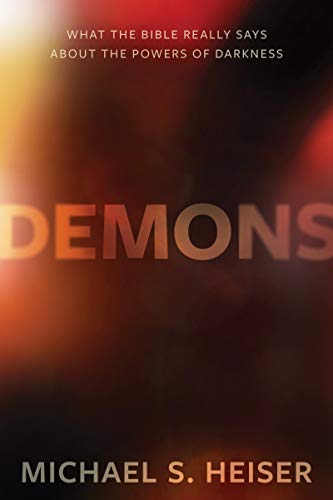BEN: I assume you think that the LXX was indeed done by multiple translators with multiple levels of ability. I remember by old colleague Sandy Richter saying that some part of the translation is more like ‘the Message’ more of a paraphrase in some books, and in some cases a more literal rendering. This surely makes it difficult to generalize about the semantics of vocabulary choices for divine beings in the LXX, or do you think the LXX had some form of final editor that smoothed things out in terms of consistency when it comes to talking about supernatural beings?
MICHAEL: I’d agree with you and Sandra. Some LXX translators conflate Hebrew vocabulary for supernatural beings (e.g., angelos becomes the go-to term for the good guys of the heavenly host). But others don’t; they preserve terms and phrases more literally. So it’s incorrect to presume that “the LXX translators were offended by ‘sons of God’ terminology” and had to move toward the “monotheistically acceptable” term like “angel”. Sure, except where they don’t, which is a lot of places. And once we’re done admitting that, see Qumran. The Qumrani writers certainly weren’t Hellenists, and there’s a lot of divine plurality language there. The idea in modern scholarship that phrases like “sons of God” and plural elohim / elim are evidence of polytheism before the exile simply doesn’t account for what we see at Qumran. Those writers didn’t get the “don’t sound like a pre-exilic polytheist” memo, and neither did certain LXX translators. I think the sort of discussion I have in Chapter 2 of the Demons book about this shows how an academic premise can just get repeated again and again for generations without ever being critically examined. We like neat categories and when we don’t see them, we’ll invent them and move on.












